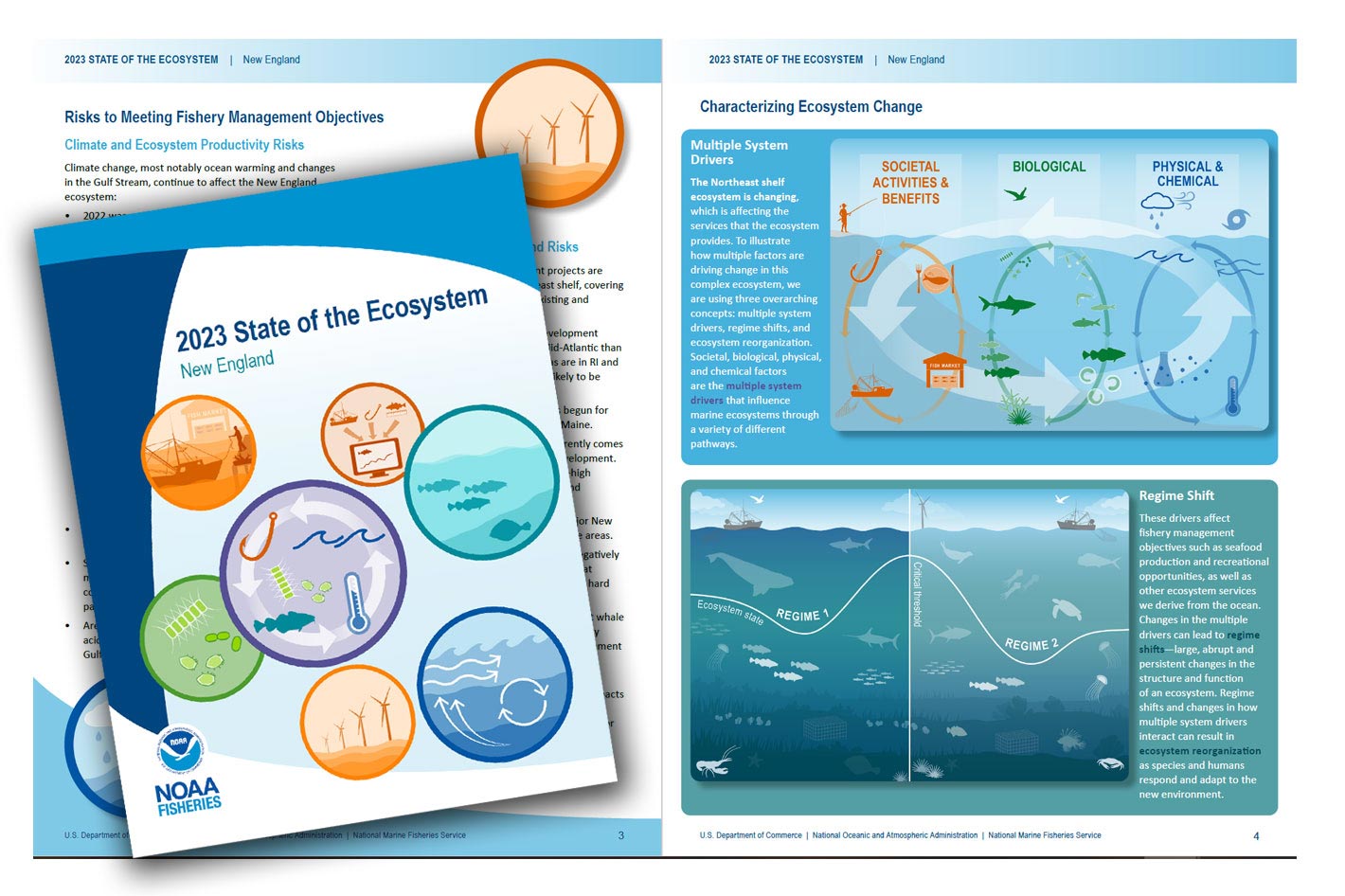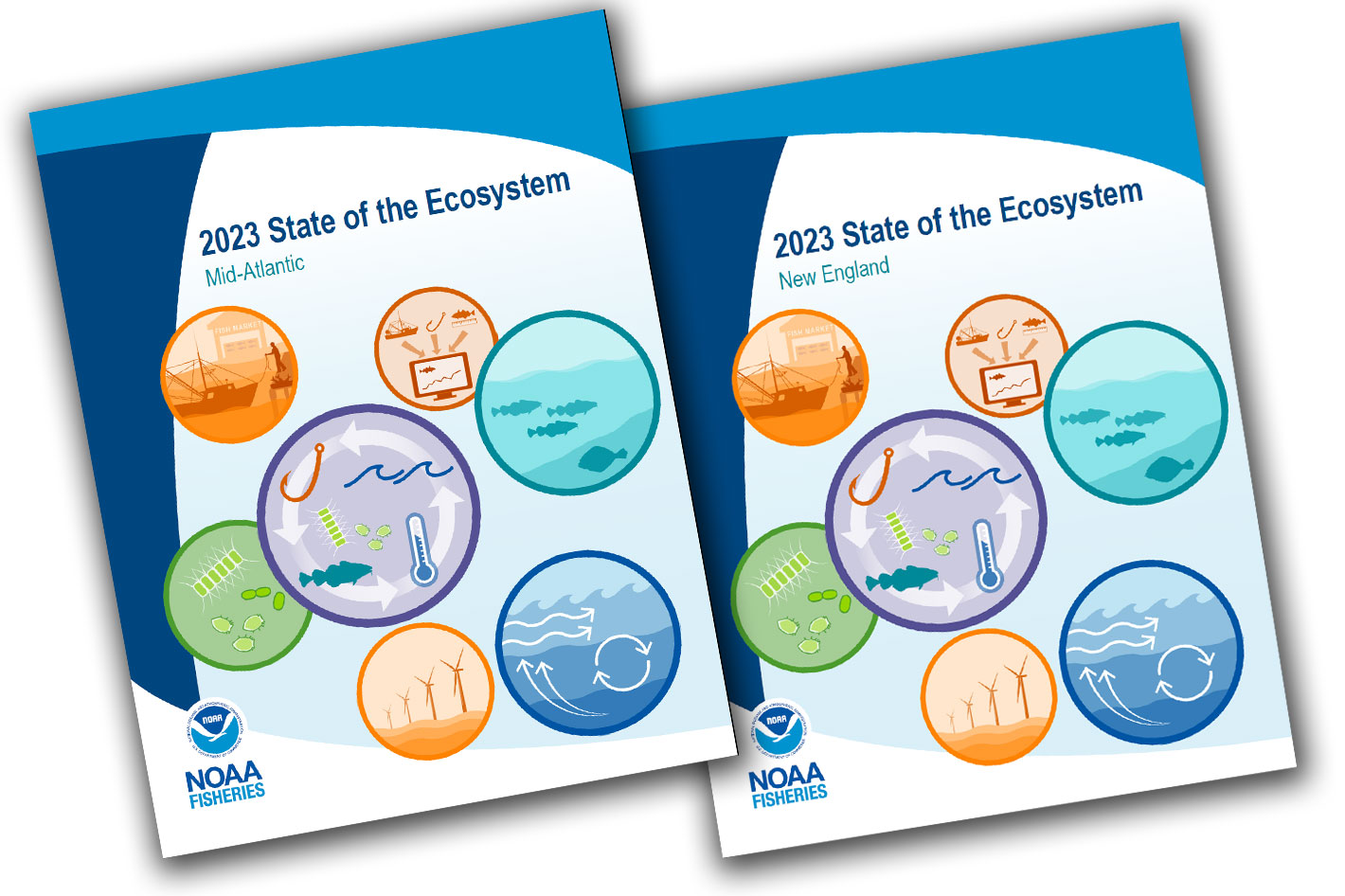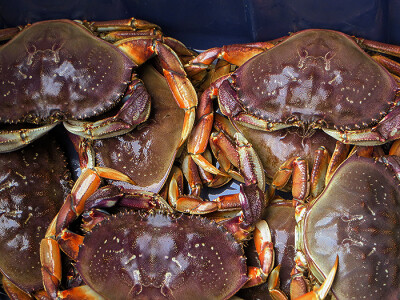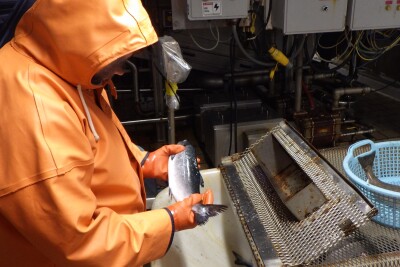As NOAA celebrates the 50th anniversary of the Endangered Species Act, created to conserve endangered species and their habitats, the organization releases its 2033 edition of the State of the Ecosystem.
Developed annually for the New England and the Mid-Atlantic Fishery Management Councils, the State of the Ecosystem reports provide the current status of the Northeast Shelf marine ecosystems. These annual, collaboratively produced reports inform the councils about ecological, oceanographic, and socioeconomic aspects of the ecosystem—from fishing engagement to climate conditions.
You may think that these reports do not have much to do with the fishing industry, but in fact they do, and large sections of each document – the 52-page 2023 Mid-Atlantic report and 55-page 2023 New England report – are dedicated to fishing management and how changes in the ecosystem reflect in the industry. In fact, the reports are organized into two sections:
· Performance measured against ecosystem-level management objectives
· Potential risks to meeting fishery management objectives such as climate change and other ocean uses, such as offshore wind development
It’s not difficult to understand why the impact on fishing management is a key part of the two reports. According to NOAA, “the Northeast U.S. Shelf is one of the most productive marine ecosystems in the world. The ecosystem is changing and these changes are affecting the ecosystem services it provides. These reports synthesize ecosystem information to better meet fishery management objectives.”
The State of the Ecosystem reports, which provide the current status of the Northeast Shelf marine ecosystems (Georges Bank, Gulf of Maine, and the Mid-Atlantic Bight), are part of a larger, iterative Integrated Ecosystem Assessment approach, a component of Ecosystem-Based Fishery Management. The first reports for both areas date back to 2017, and are available to download, providing an interestent way to compare data and goals for each new year.
The reports’ approach integrates physical, biological, economic, and social components of the Northeast Shelf marine ecosystems into the decision-making process. This allows managers to balance trade-offs and determine what is more likely to achieve their desired goals. The reports are produced by the Northeast Fisheries Science Center with collaborators from academic research institutions, non-profit organizations, and state agencies.
 Register for the public OneNOAA Seminar
Register for the public OneNOAA Seminar
The 2023 State of the Ecosystem Reports show continuing physical, chemical, and biological changes in coastal Mid-Atlantic and New England ecosystems. Results from these reports will be discussed in-depth during a public OneNOAA Seminar on Tuesday, May 23, 2023 at 12pm ET.
The reports now released are part of a larger effort by NOAA Fisheries to expand the concept of Ecosystem-Based Fishery Management, which the organization believes “is a cornerstone of our efforts to sustainably manage the nation’s marine fisheries. It complements and builds off-of traditional single species fishery management. This approach considers social, economic, and ecological trade-offs across multiple fisheries and habitats. Making sound decisions depends on access to reliable, accurate, and actionable ecological, social, and economic information, tools, approaches, and models.”
NOAA Fisheries has developed ecosystem-based fisheries management implementation plans. These plans complement work already underway by regional fishery management councils through fishery management plans and fishery ecosystem plans. The reports now published are just another tool to help NOAA’s efforts to help the US meet sustainable fishery management goals. It’s a step in the right direction as the organization celebrates the 50th anniversary of the Endangered Species Act, May 19–December 28, 2023, a landmark legislation and a powerful and effective tool for conserving species and their habitats.







